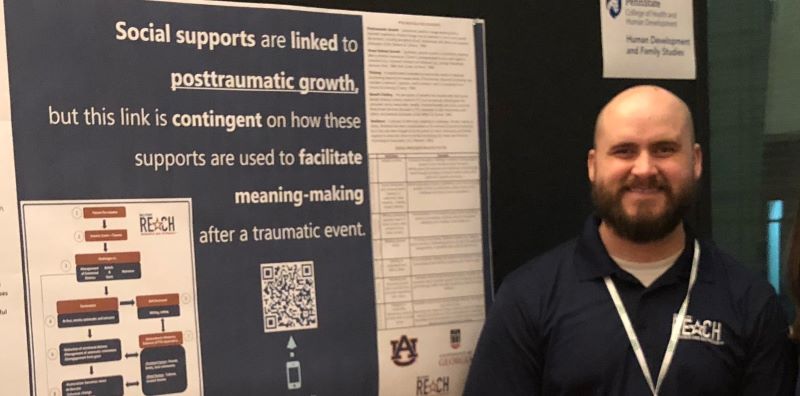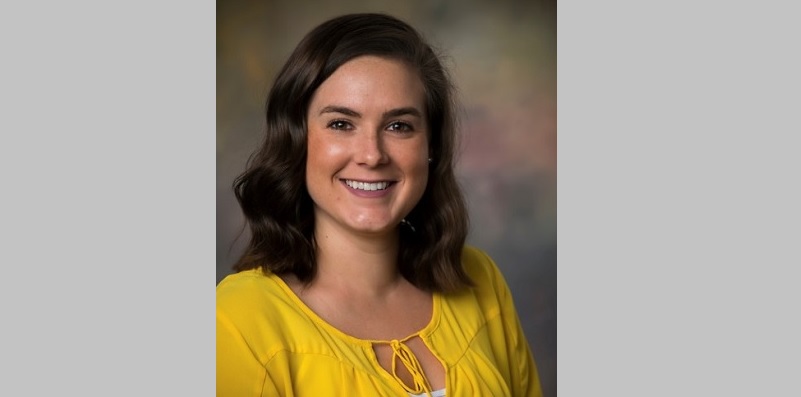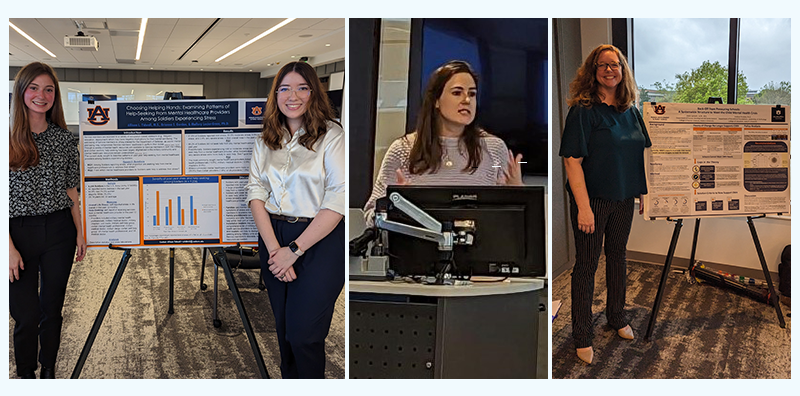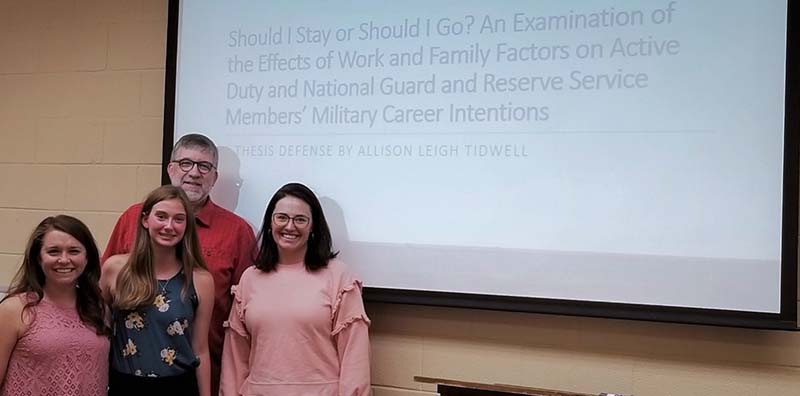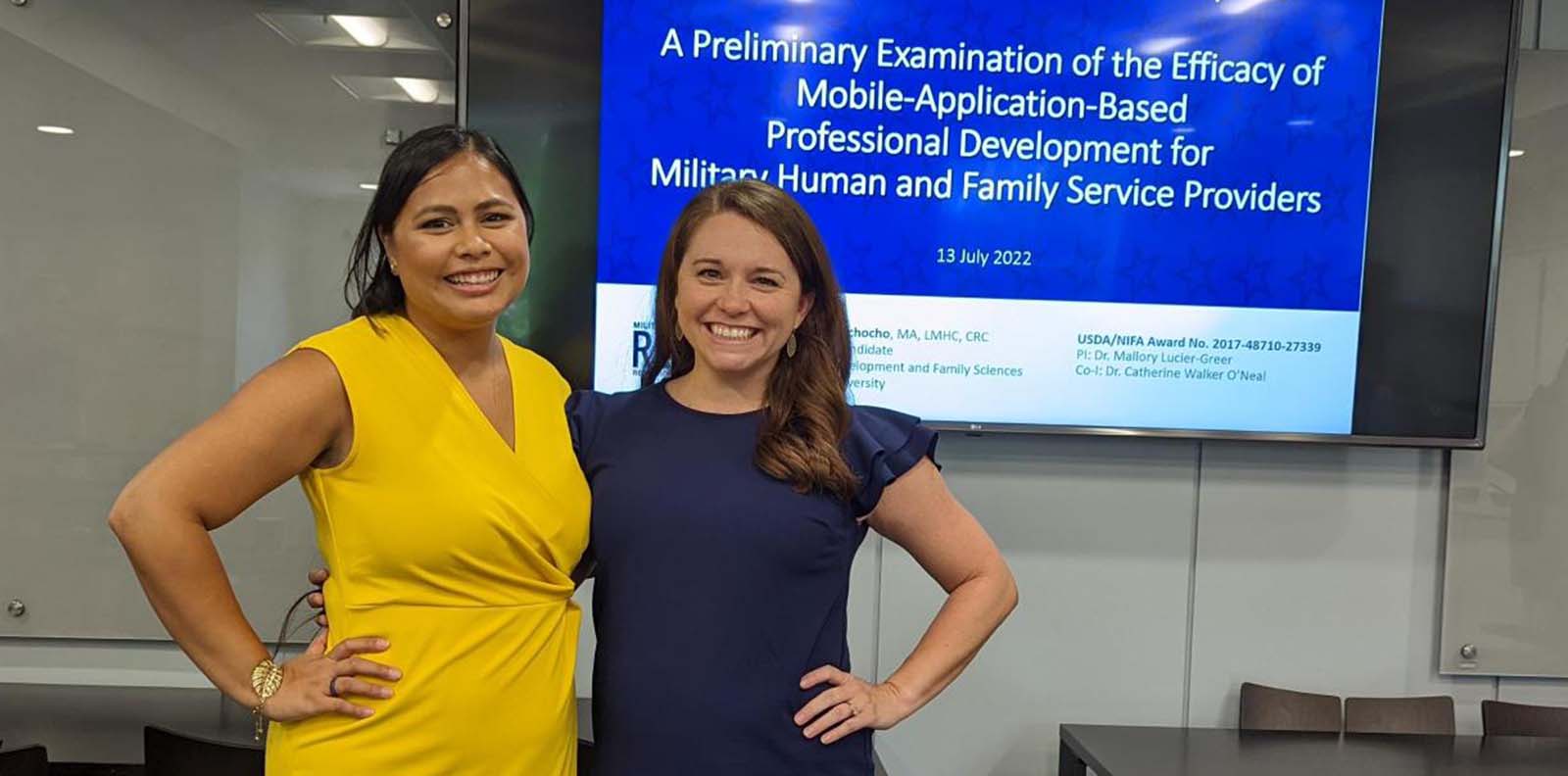23
April
2020
/
/
Military REACH Research Associate
Ben Burke
is a PhD student in Human Development and
Family Studies at Auburn University and has a
Master’s Degree in Marriage and Family Therapy. Ben
is one of the longest serving team members on the
Military REACH team, and he primarily works on TRIP
reports, research reports, and social media posts. A
few of Ben’s most notable contributions are
- Writing over 45 TRIP reports
- Co-authoring 4 research reports
- Lead author of “A review and application of posttraumatic growth for enhancing the well-being of military service members and their families”
- Four editorials featured in monthly newsletters
Ben’s colleagues described him as kind and
compassionate, humorous, a thoughtful scholar, an
encouraging teacher and mentor, and a genuine nerd -
always ready to discuss movies or video games. Ben
adds incredible value to our team, and we are
thankful for the work he does to make research
practical and useful to our target audiences. Below
Ben discusses his interest in research, his future
plans, and video games!

